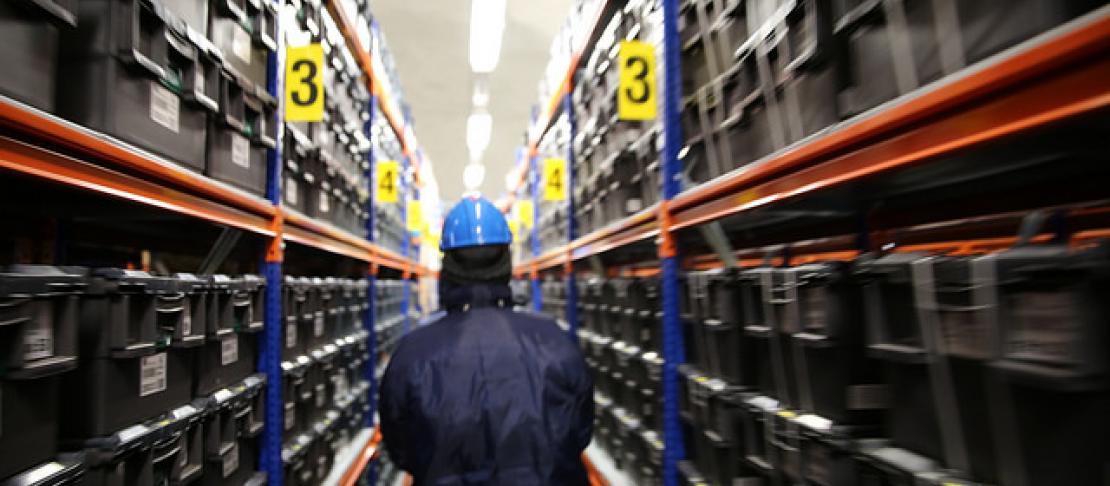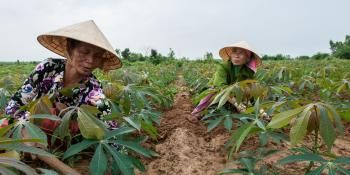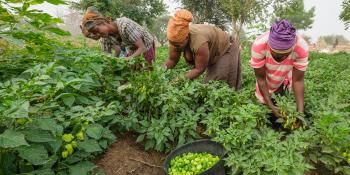Mathematical models help sort through the cupboards of the world's agricultural genebanks

A new research project led by ICARDA and supported by CCAFS uses mathematical models to identify genetic material that could help improve food crops' resilience to climate change.
The world's genebanks house over seven million agricultural samples. Each one of those samples is a potential solution to problems as far-ranging as pests, viruses, drought and heat. In short, the problems which climate-change will intensify.
But while potentials are one thing, realities are another. Isolating the particular gene that might increase the resistance of a particular crop to a particular pest is easier said than done.
Until recently, scientists had been dependent on a trial-and-error approach. While effective, this approach has the down-side that, in order to unlock the full potential of the world's genebanks, over seven million trials and nearly as million errors would be required. It's no wonder then, that a new method that uses mathematical models to search through the world's genebanks, is starting to take root within scientific circles.
The BBC recently profiled the CCAFS-supported project which is being led by the International Center for Agricultural Research in the Dry Area (ICARDA) that is using this method to identify genes that might be suitable for crops within dry areas.
Dry areas account for 40% of land cover and are home to more than 2.5bn people.
Dry area characteristics include persistent water scarcity, frequent droughts and land degradation - features that are expected to worsen as a result of future climate change.
At a recent workshop in Morocco, leading mathematicians and crop scientists met to discuss ways that applied mathematics could be used to speed up the search through agricultural genebanks for climate change resistant traits in the banks' samples - Mark Kinver, BBC News
Read the full article and find out more about this research: Mathematics helps find food crops' climate-proof genes. by Mark Kinver, BBC News, 16 August 2014.
Lucy Holt is a Communications Assistant at the CGIAR Research Program on Climate Change, Agriculture and Food Security.



